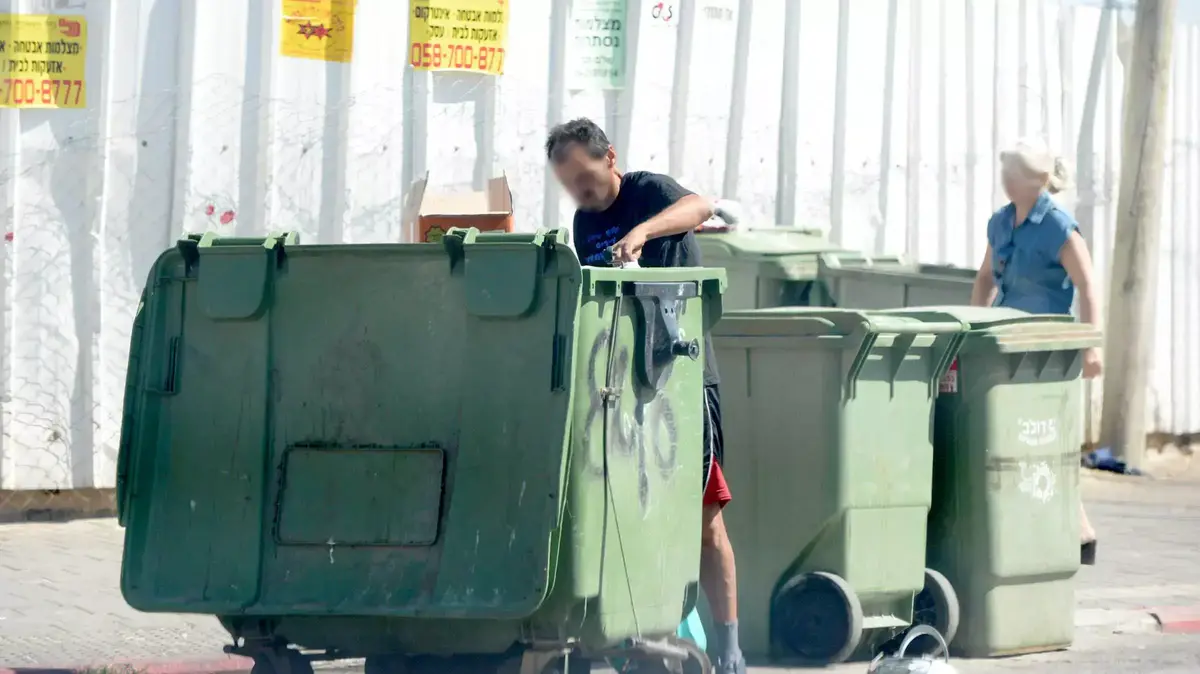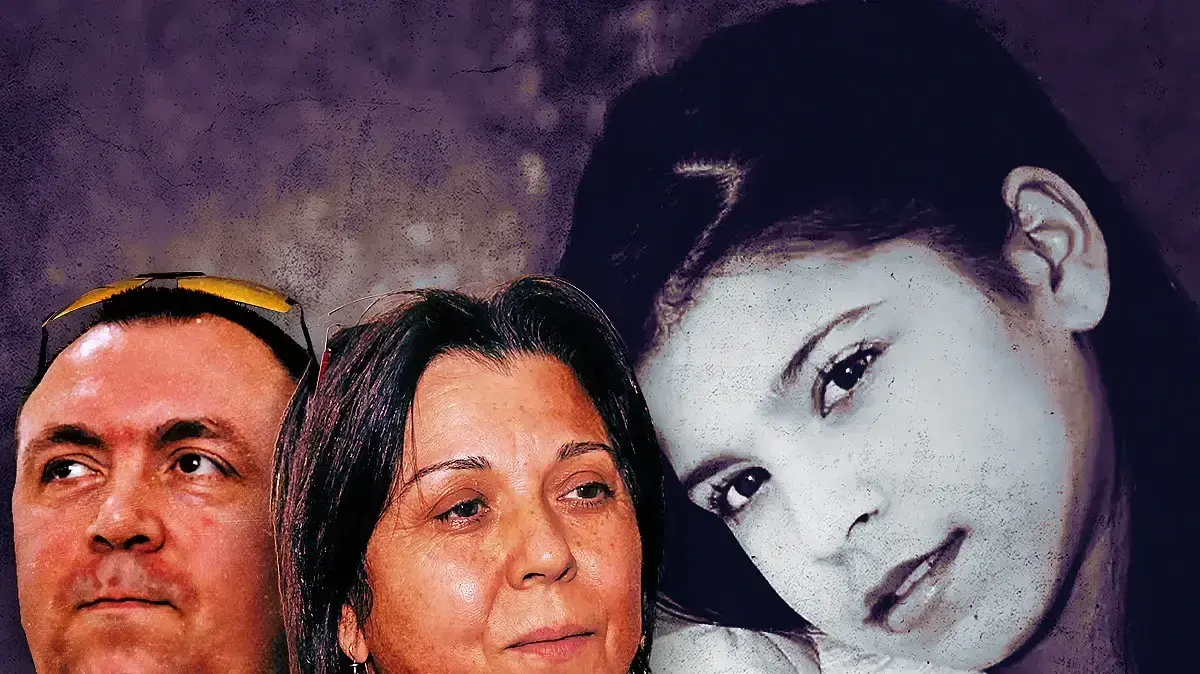Capable, the question of whether it wants to: The solution to the poverty crisis is in the hands of the state. opinion
One-fifth of families and one-third of children in Israel live in poverty, and data has grown over the years. The sad truth is that the distress can be tackled, but it requires a change of priorities, raising taxes and government intervention in the labor market. Whether policymakers want change
Poverty is created because resources in Israel are unequally distributed (Photo: Reuven Castro)
Poverty in the Old Central Station, June 2015 (Photo: Reuven Castro)
In a start-up state where the economy is growing and unemployment is low, how can one-fifth of families and one-third of children live in poverty and poverty rates remain so high over the years? The causes of the persistence of poverty in Israel seem to be well-known, and suggestions for ways to deal with this phenomenon are recognized. The critical question is whether policymakers have the will and willingness to change the situation.
Poverty is a situation in which the standard of living of families is much lower than the standard of living accepted in our society. The presence of so many people in Israel that their standard of living is low in relation to society as a whole is not due to our inability to produce enough resources to ensure a good standard of living, nor to the reluctance of those living in poverty to sustain themselves. It was created because the resources in Israel are divided unequally.
More in Walla! NEWS More in Walla! NEWSWalla poll! NEWS: Blue and White gets stronger after the leadership rotation is canceled
To the full articleOne fifth of families and one third of children live in poverty (Photo: Reuven Castro)
Interviewed for article on Passover on Poverty (Photo: Reuven Castro)
Prof. Gal
This has to do with living in a free market that is inherently unequal. The role of the state in this reality is to intervene to make the division more equitable and to ensure that those who do not enjoy (for various reasons) the resources we produce as a collective will have enough to live up to a reasonable standard of living.
We know how to deal with poverty. I participated in designing conclusions of the Poverty Alleviation Commission several years ago and saw academics, senior officials, social workers and people living in poverty formulate a series of worthy recommendations. These recommendations can reduce the dimensions of poverty or at least bring families living in poverty closer to the poverty line. Some of the measures recommended by the Alaluf Commission have been adopted and implemented by the government, leading to some reduction in poverty rates in recent years, especially among the elderly.
More in Walla! NEWS
Perpetrator Amos Lavi convicted of aiding the police agent in the streets of Lieberman against Netanyahu and Gantz: exerting pressure and unwilling to relinquish ego Smile Promoted ContentThe recommendations of the Commission that lowered poverty rates were not implemented
However, we are still far from the poverty level that exists in other welfare states and social spending in Israel is much lower than is common in countries similar to ours. According to findings from a Taub Center follow-up study at the Hebrew University, much of the Alaluf Committee's recommendations have not yet been adopted and the expenditure on poverty reduction is much lower than necessary.
The sad truth is that the financial condition of families living in poverty can be improved and the distress they feel because of their condition can be improved. This is not simple and it requires not only a change in priorities but also a much higher tax and government intervention in what is happening in the labor market and in the community. Research knowledge clearly indicates that combining greater social spending and adopting appropriate social programs can reduce the phenomenon of poverty, but that requires political will from policymakers.
Prof. Johnny Gal from the School of Social Work and Social Welfare at the Hebrew University and Head of Welfare Team at Taub Center









